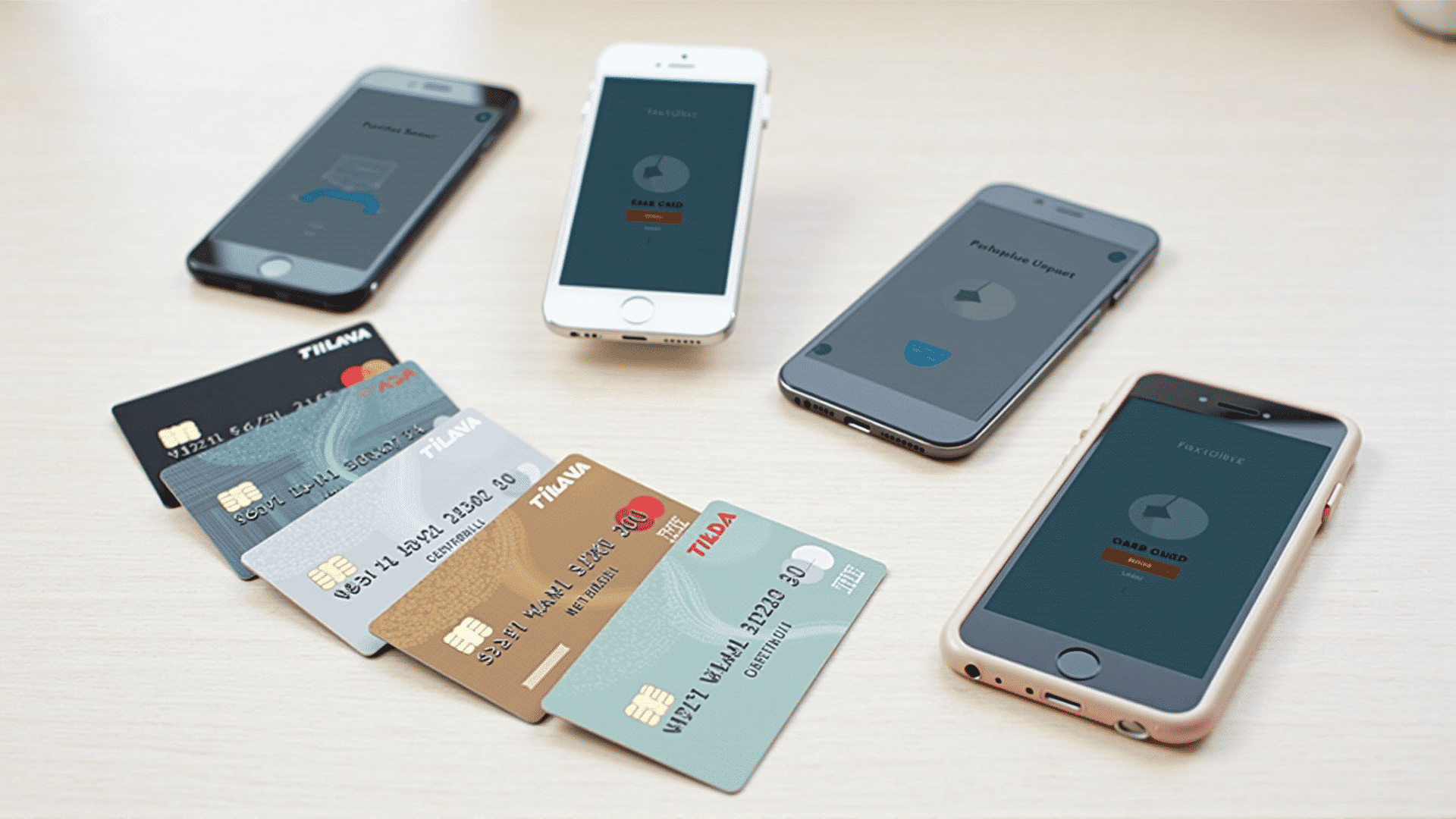In today's rapidly evolving digital landscape, flexibility and convenience have become paramount, especially when it comes to handling finances. With technological advancements and the growing demand for personalized services, providing multiple payment options has become a necessity for businesses. This flexibility not only enhances customer experience but also caters to a broad spectrum of needs and preferences.
Imagine you want to recharge your phone or pay for a subscription, but the only payment method available is one that you seldom use or find inconvenient. Such scenarios can be frustrating and might deter you from completing the transaction. On the other hand, when businesses offer a variety of payment options, it enhances customer satisfaction by allowing you to select the method that aligns with your preferences and circumstances.
Flexible payment options encompass a range of methods designed to accommodate different payment habits. These include traditional methods like credit and debit cards, online bank transfers, and emerging forms such as digital wallets, cryptocurrency, and buy now, pay later services. Each method comes with its own set of advantages, catering to varying demands of security, speed, and ease of use.
For instance, digital wallets such as PayPal, Apple Pay, and Google Wallet have gained traction due to their convenience and enhanced security features. They allow for quick transactions without the need to repeatedly enter card details. Meanwhile, platforms that accept cryptocurrency appeal to a tech-savvy demographic excited about decentralized finance.
On the other hand, options like buy now, pay later (BNPL) are designed for those who prefer the flexibility of spreading payments over time without incurring interest. This method has become increasingly popular among younger consumers who value the ability to make instant purchases while managing their budgets efficiently.
Offering multiple payment options is not only beneficial for consumers but also advantageous for businesses. It can lead to increased customer retention, reduced cart abandonment rates, and a broadened customer base. By adapting to the payment preferences of different demographics, companies can establish trust and loyalty, ultimately driving growth and profitability.
In conclusion, as the financial landscape continues to evolve, the importance of flexible payment options cannot be overstated. Whether you are a consumer looking for the most convenient way to recharge or a business aiming to provide the best customer experience, embracing a variety of payment methods benefits all parties involved. It is an essential step toward shaping a future where transactions are seamless, accessible, and tailored to meet the diverse needs of a global audience.
